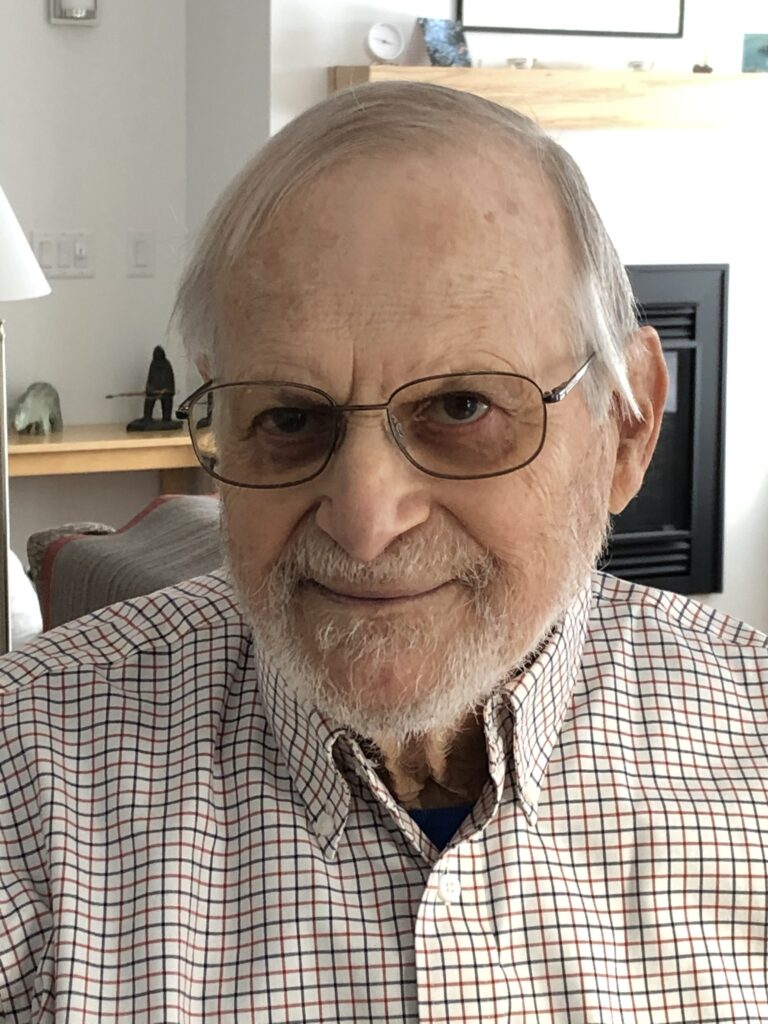
Meet Joe Hermolin, one of our most active and ardent Recollection Wisconsin community members! Along with shepherding many digitization projects as a content partner and president of the Langlade County Historical Society, Joe has served on the Recollection Wisconsin Steering Committee and currently participates in our Education Advisory Committee and Digital Readiness Community of Practice. In recent months, Joe has authored online exhibits showcasing Recollection Wisconsin resources and unique local history stories. He also sits on the Wisconsin Council for Local History board.
What drew you to local history work?
My background is in molecular biology. After graduate studies in Toronto, Canada, work in Houston, Texas and what I thought would be a “temporary” position at UW-Madison, I ended up putting down roots in Wisconsin. I worked for many years in the Department of Biomolecular Chemistry in the Medical School at UW-Madison. Once I decided that Madison was home, I developed a closer connection to the region and a growing curiosity about its history and residents. After retirement, my wife and I decided to move into to our Northwoods vacation home. At that point, I became much more involved in Langlade County and Northwoods history.
What’s your connection to the Langlade County and Wisconsin Historical Societies?
The Langlade County Historical Society was my first “go to” source for all-things related to our community’s history. This association inspired volunteering and, eventually, serving on their board and as board president. Much like other local history organizations, our Society exists through the efforts of dedicated volunteer practitioners. Knowledgeable input from trained librarians, archivists and other information professionals has been vital to our program’s success. Much of my own education in this area is thanks to the Wisconsin Historical Society and my involvement with the Wisconsin Council for Local History.
What would you like people to know about your community’s history?
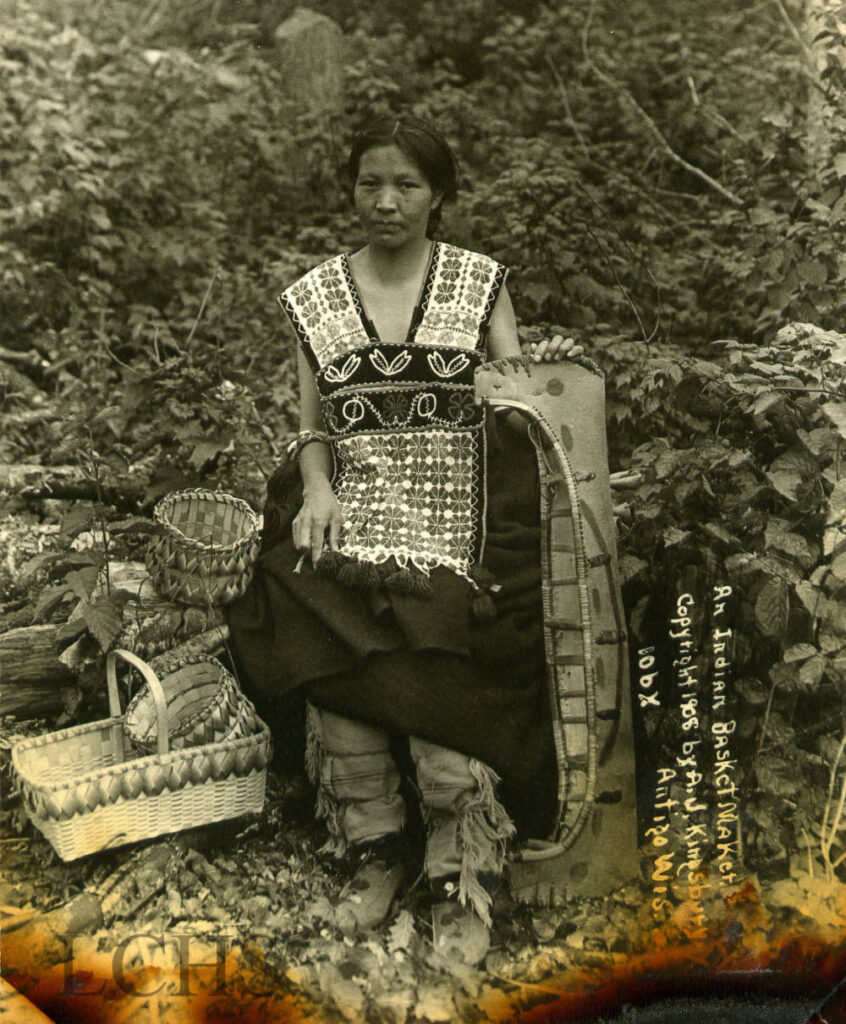
Langlade County Historical Society.
What makes Langlade County interesting is not so much its uniqueness but how representative it is of the Northwoods. Originally inhabited by the Menominee, Ojibwe, and other First Nations, white settlers were drawn to the forests and lumber industry in the decades after the Civil War. The lumber industry brought economic development and many forest products industries, but also created a devastated landscape in the cutover. This was somewhat alleviated by Civilian Conservation Corps programs.
Langlade County is also a transition zone with agriculture dominating in the southern part of the county and tourism the north. This results from the unusual geology of the area. The most recent Ice Age, which receded about 12,000 years ago, had advanced to the central part of Langlade County. It left, at its leading edge, a rich soil in the southern part (Fun fact: Antigo Silt Loam is Wisconsin’s official state soil) and a network of drumlins, hills, lakes, and forests in the northern part. Langlade County once promoted itself as “The Gateway to the Northwoods”. It now refers to itself as “The County of Trails”.
How have you tried to champion their stories through your work with Langlade County Historical Society and Recollection Wisconsin?
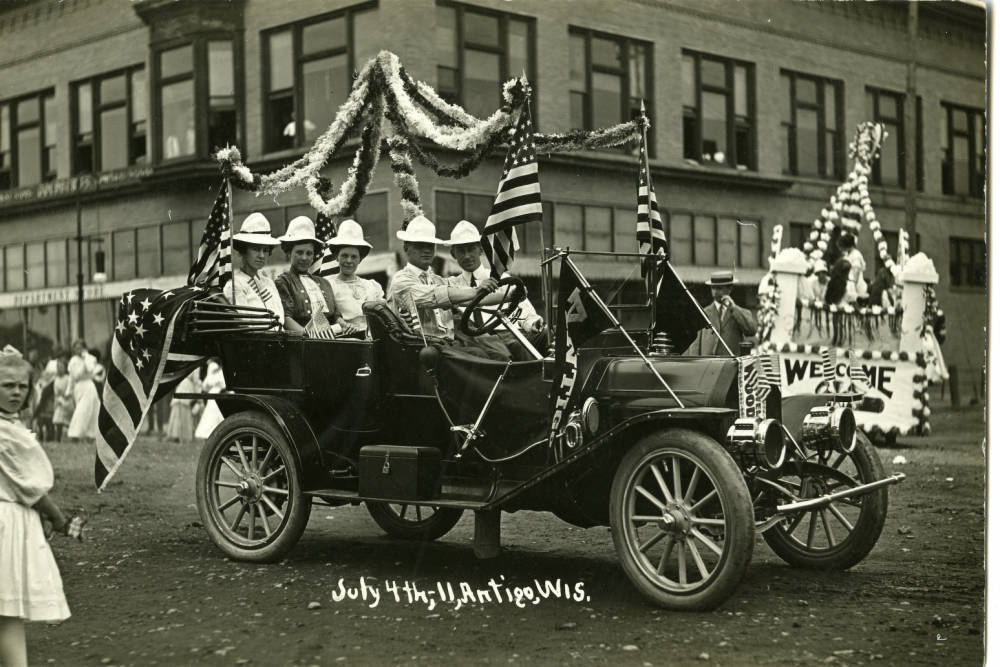
Langlade County Historical Society.
The Langlade County Historical Society has been around since the 1920s and owns a vast collection of photographs, documents, and accounts of its history. On site access to these materials is hindered by restricted hours and staff or volunteer availability. On the advice of Wisconsin Historical Society staff and thanks to a Wisconsin Historical Society Mini Grant, we have been able to organize and preserve much of our historical collection.
Our collections inspire deeper inquiry into our community’s history. We’ve shared historic photos with our local newspaper, usually to provide historic context for a current news story. In the recent past, the Antigo High School had a cable TV channel and would often use our material and guidance to produce short programs focused on community history. The Langlade County Historical Society has also presented on a range of topics to local groups — seniors clubs, service organizations, veterans’ groups, and the general public — as well as publishing some books and a quarterly newsletter.
Sharing our collections online in Recollection Wisconsin has enabled us to reach new audiences. Digitizing our historic collections also protects originals from damage caused by continued handling.
Why is it important to preserve and share local history?
I often cite a quotation attributed to William Faulkner: “The past isn’t dead. It’s not even past.” Our individual lives and our communities are shaped by where we have been. Knowing our past, both the good and the bad, illuminates who we are now and acts as a guide to where we are heading and perhaps, what to avoid. This is what makes local history important, in addition to providing fascinating stories.
There is still much work to do with our museum’s holdings. One priority project? We have documents, letters and essays written or collected in 1979 about various ethnic groups that settled the area. These were collected as part of the centenary of the founding of Antigo. I’d like to see this collection organized, digitized and shared through Recollection Wisconsin. It speaks to the uniqueness of Langlade County but also tells a story common to many parts of Wisconsin and the United States.
What’s your favorite item from the LCHS collection in Recollection Wisconsin?
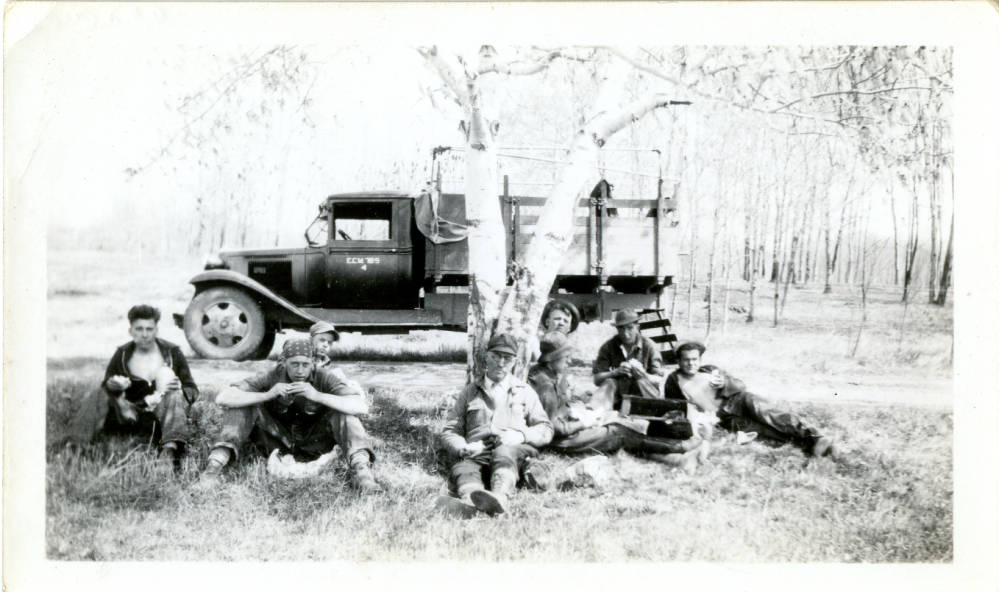
Langlade County Historical Society.
I have two. Our photographs of the Menominee and Ojibwe, taken primarily in the 1920s, illustrate a period of adjustment for indigenous people, at a time of increasing influx and influence of white culture. Coupled with our collection of decorative beadwork, some of which is accessible through the Decorative Arts database, these items are very special to me.
We also have a collection of artifacts, photographs, and newsletters related to the Civilian Conservation Corps in the county, the Elcho CCC Camp Collection. The CCC was arguably one of the most successful New Deal programs and is a fine example of what a government can and should do to help improve the lot of its citizens as well as establishing a legacy for generations to come.
Anything else you would like to share?
I began working on local history with much enthusiasm and little knowledge or relevant skills in this field. The Wisconsin Historical Society and Recollection Wisconsin were supportive, patient, and encouraging in providing me with training. You CAN teach an old dog new tricks – if you have good teachers! I would encourage anyone in Wisconsin who is interested but perhaps intimidated by this work, to get involved with your local history community and these two organizations. You will get excellent assistance and meet good people.
Visit Langlade County Historical Society Collection to view their collection in Recollection Wisconsin. Joe’s most recent online exhibits are Where we get our Food and Franklin Delano Roosevelt’s New Deal Programs. Enjoy more of Joe’s research and writing on Wisconsin 101: Our History in Objects.

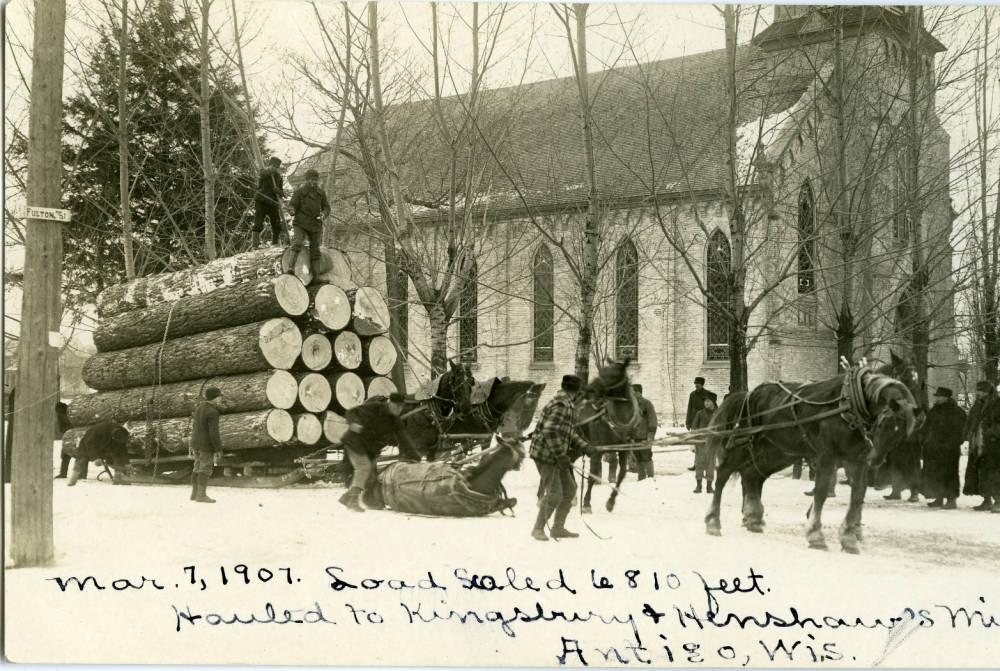
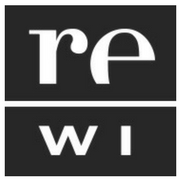

You must be logged in to post a comment.